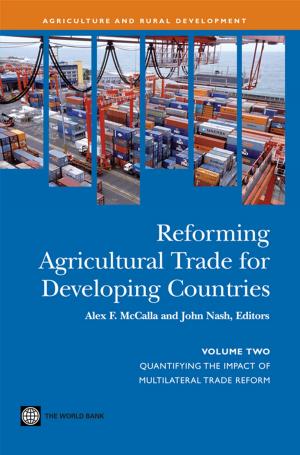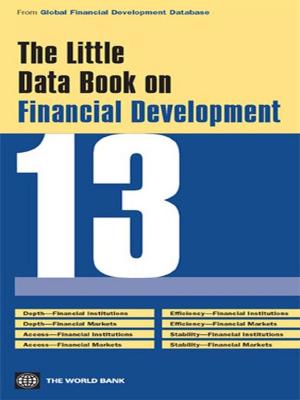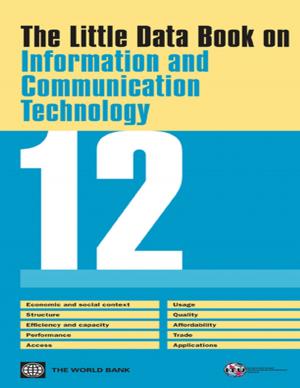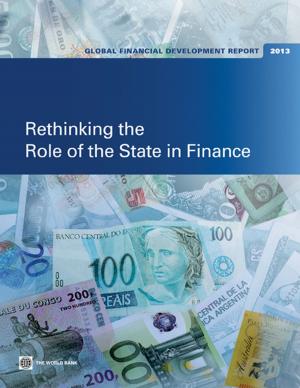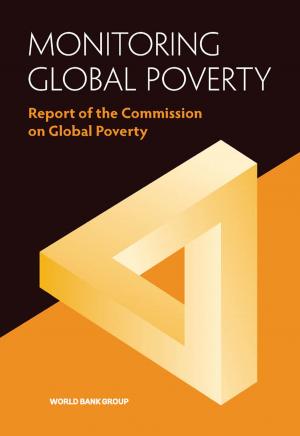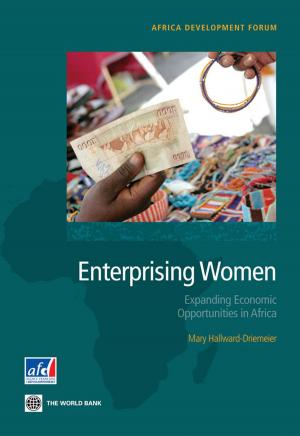New Technologies, New Risks?: Innovation And Countering Terrorist Financing
Nonfiction, Social & Cultural Studies, Political Science| Author: | Zerzan Andrew | ISBN: | 9780821380864 |
| Publisher: | World Bank | Publication: | November 20, 2009 |
| Imprint: | Language: | English |
| Author: | Zerzan Andrew |
| ISBN: | 9780821380864 |
| Publisher: | World Bank |
| Publication: | November 20, 2009 |
| Imprint: | |
| Language: | English |
The rise of information and communication technologies in the past decades has facilitated major economic development. It has expanded access to financial resources to empower the poor. It has even given tools to government to detect and monitor criminal activity. Computers systems have been developed that can automatically flag and react to suspicious transactions, allowing law enforcement to better protect the market from abuses from petty fraud to terrorist activity. In sum, these new technologies offer great opportunities to improve and protect the lives of people everywhere. Paradoxically, the same innovations that can be used to detect and disrupt criminal abuses also can be instrumental in buoying it. New technological developments often arise without the knowledge of lawmakers and the agencies typically in charge of supervising them. Fast-moving terrorist organizations can take advantage of this unawareness to accomplish their insidious goals. The two-sidedness of technological advancement requires a constant vigilance on the part of policymakers, law enforcement and intelligence in mitigating the risks of terrorism while simultaneously promoting development, which, ultimately, will reduce many of the factors that lead to terrorismCountries have called on the World Bank to provide greater information on these New Payment Methods. The most common are mobile phones, the Internet and electronic value cards. Each of these carries varying levels of opportunity as well as risk. Because of their newness, many have yet to be regulated or even fully considered by governments. This means that the financial transactions channeled through them can fall outside the financial regulatory umbrella, existing in a grey zone between the informal and formal financial services. The paper explores these various channels, indications of their vulnerability to terrorist financing abuse and ways that the industry and governments are mitigating them.
The rise of information and communication technologies in the past decades has facilitated major economic development. It has expanded access to financial resources to empower the poor. It has even given tools to government to detect and monitor criminal activity. Computers systems have been developed that can automatically flag and react to suspicious transactions, allowing law enforcement to better protect the market from abuses from petty fraud to terrorist activity. In sum, these new technologies offer great opportunities to improve and protect the lives of people everywhere. Paradoxically, the same innovations that can be used to detect and disrupt criminal abuses also can be instrumental in buoying it. New technological developments often arise without the knowledge of lawmakers and the agencies typically in charge of supervising them. Fast-moving terrorist organizations can take advantage of this unawareness to accomplish their insidious goals. The two-sidedness of technological advancement requires a constant vigilance on the part of policymakers, law enforcement and intelligence in mitigating the risks of terrorism while simultaneously promoting development, which, ultimately, will reduce many of the factors that lead to terrorismCountries have called on the World Bank to provide greater information on these New Payment Methods. The most common are mobile phones, the Internet and electronic value cards. Each of these carries varying levels of opportunity as well as risk. Because of their newness, many have yet to be regulated or even fully considered by governments. This means that the financial transactions channeled through them can fall outside the financial regulatory umbrella, existing in a grey zone between the informal and formal financial services. The paper explores these various channels, indications of their vulnerability to terrorist financing abuse and ways that the industry and governments are mitigating them.




